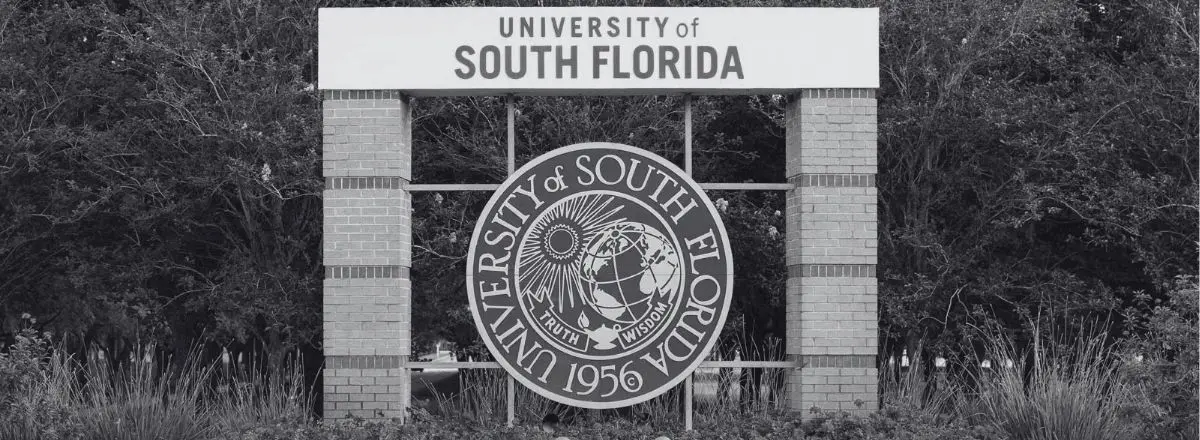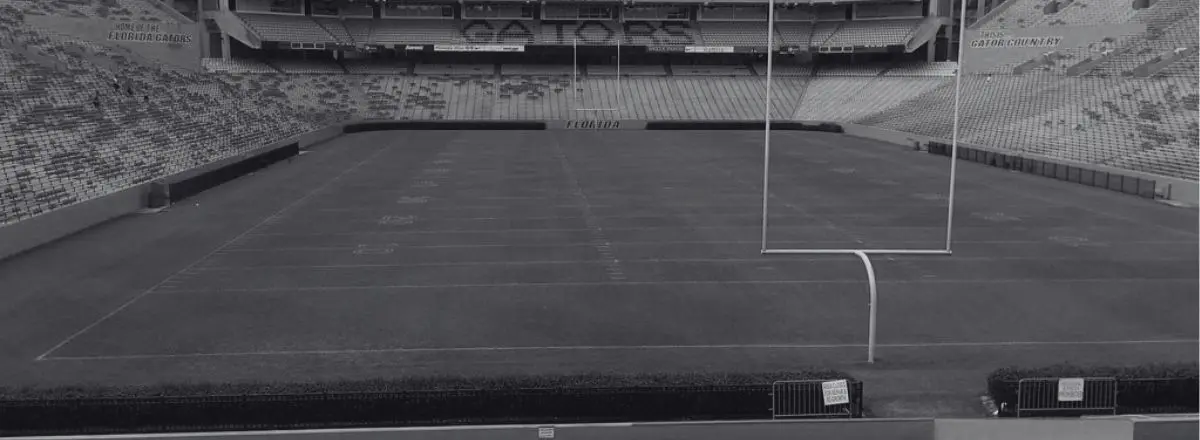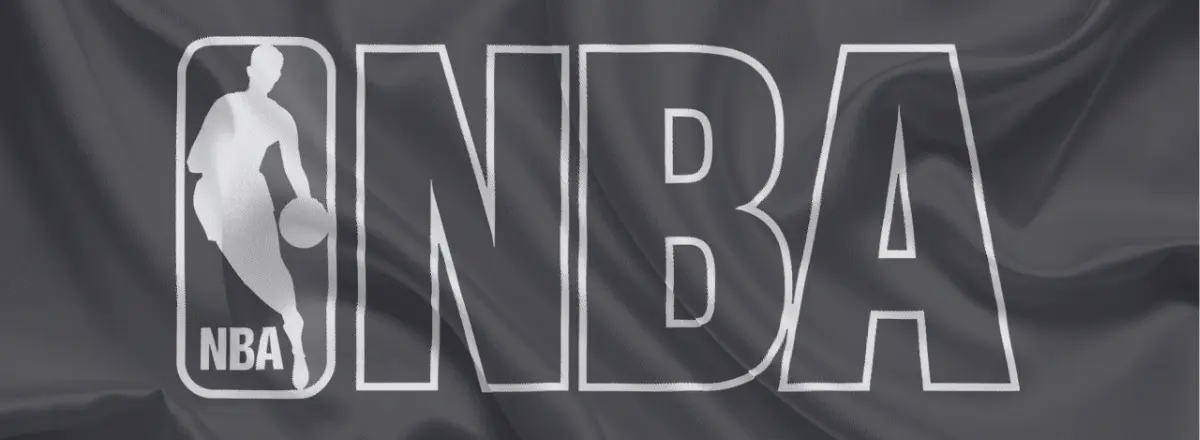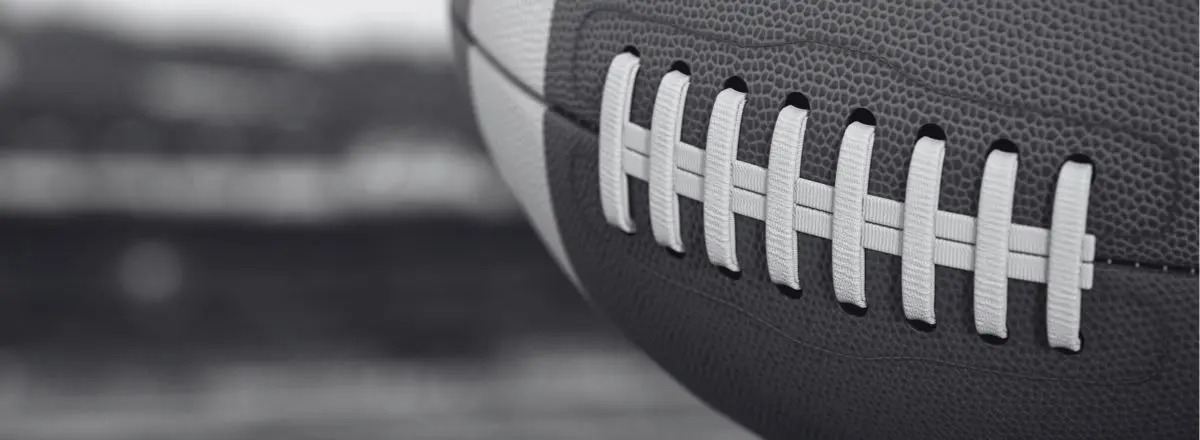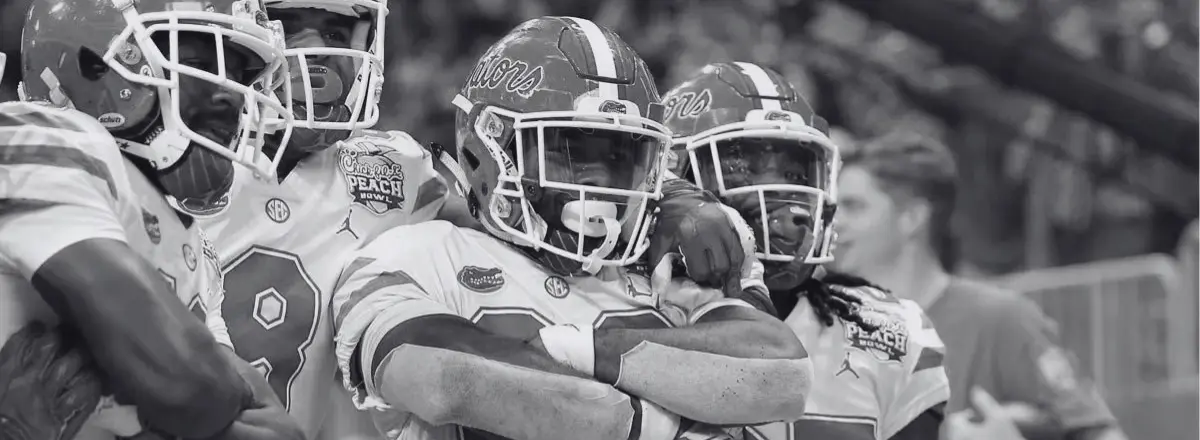By every available financial and accessibility metric, the business of Florida sports betting continues to be a rousing success for The Sunshine State. Yet, as the market becomes more established and keeps on growing, industry experts and insiders are beginning to think more deeply about the downsides that come with the proliferation of sports gambling.
University of South Florida business professor Marvin Karlins counts himself among those concerned. In particular, he is worried about the impact online sports betting in Florida is having on college students.
“[Karlins] believes it’s particularly dangerous for college students, who have unprecedented access to gambling through their phones,” writes Joshua Hightower for the USF’s Oracle. ““You can use your phone to bet, it’s always there,” Karlins adds. “So it makes it a lot easier to do and the easier it is to do it, the more likely it is you’re going to lose.”
These sentiments echo existing forms of concern that are not just specific to college-age customers. The barrier for entry to bet on sports in the United States has reached an all-time convenience. You no longer need to visit a physical casino or sportsbook to place a wager. The ability to bet is, as Karlins says, always at your fingertips.
This access is presented as a feature rather than a bug. And that is certainly the truth when looking at revenue for online sportsbooks and the states in which they operate. But markets with mobile betting sites routinely report a larger uptick in calls to their problem gambling hotlines, according to multiple studies. It would be naive to pretend there aren’t issues that must be addressed. And it seems these downsides are finally starting to hit mainstream consideration in the Florida sports betting market.
The Florida Sports Betting Market Initially wasn’t Expected to be THIS Accessible
The Seminole Tribe has exclusivity over all Florida sports betting action. When services initially launched, many expected The Sunshine State’s model to mirror sports betting in Wisconsin. People would only be able to place bets while on tribal property.
However, the Seminole Tribe has since successfully argued that their Florida sports betting app, run in partnership with Hard Rock Bet, is an extension of their tribal property, because the servers operating it are on tribal grounds.
Opponents of this interpretation, most of which are gaming operators without sports betting licenses, have filed lawsuits to contest the Seminoles’ read of their compact with The Sunshine State. There is even a pending lawsuit on the table right now.
The Seminole Tribe’s interpretation of their gaming compact is so far standing the test of opposition. Anyone of legal gambling age can use their Hard Rock betting app from anywhere inside the state. It does not matter whether they are physically on the Seminoles’ property.
This is, not surprisingly, a boon for business. Florida sports betting revenue isn’t made public, but insiders believe it’s obliterating expectations. Push-back is nevertheless coming from those who thought operations would be offered on a more limited basis.
As one example: The initial interpretation of the exclusive gaming compact assumed that college students would not be able to bet on sports from campuses. That type of restriction, in theory, limits the exposure of younger demographics with less experience managing money and gambling to Florida sports betting. Instead, of-age students basically now have unfettered access to gambling services. Emphasis on basically.
A Recent Study Shows Plenty of College Students are Betting on Sports
Certain colleges across both Florida and the rest of the country have implemented bans on sports betting for anyone on campus grounds. That creates a barrier for access, but it’s not a particularly strong one. Students can simply leave campus grounds to place their wagers. There are also ways around firewalls that prevent access to sites that offer online sports betting services in the United States.
The data backs this up. As Hightower writes, a staggering percentage of college students are regularly betting on sports:
“A 2023 NCAA survey of 3,527 18-22 year olds found that 67 percent of students living on college campuses had participated in sports wagering. The survey revealed that 41 percent of student bettors had placed wagers on their own school’s teams, while almost 35 percent admitted to placing bets with other students. Additionally, 16 percent of respondents engaged in what the NCAA defined as ‘risky behavior,’ which includes betting multiple times per week, wagering $50 or more on a single bet, or losing $500 in a day.”
Over two-thirds of (surveyed) college students admitting to betting on sports is jaw-dropping. And that number is likely on the rise. Remember, the survey Hightower cites is almost two years old. Sports betting in the United States is only getting more popular.
Stricter Regulation May Need to be on the Table
Make no mistake, sports betting in the United States is here to stay. The goal in spotlighting these concerns isn’t about changing that. Even if you’re flat-out against wagering, the can of worms is already open. There is no closing it.
But most opponents of Florida sports betting will admit it can serve an entertainment purpose. The issue isn’t so much that it exists or is happening. It is how liberally it’s being deployed.
Other states are proposing stricter regulations that require more background checks conducted by sportsbooks, as well as more financial transparency from operators. That’s a start.
Clearly, though, more should be done to educate people from a young age on how to responsibly bet on sports. As Professor Karlins notes, a lot of the issues with college-age students comes down to a lack of awareness and experience. This suggests it’s time for states to not only invest more in problem-gambling treatment and prevention, but in general education of the industry. That could go a long way towards making what will always be an imperfect experience noticeablys safer.
Take a look at this list of the top online sportsbooks so you can find one that works for all of your sports betting needs:
-
EXCLUSIVE BONUS
 50% bonus up to $250Play Now
50% bonus up to $250Play NowT&C apply, 18+, Play responsibly
-
EXCLUSIVE BONUS
 125% up to $1,250Play Now
125% up to $1,250Play NowT&C apply, 18+, Play responsibly
-
EXCLUSIVE BONUS
 225% up to $3,625Play Now
225% up to $3,625Play NowT&C apply, 18+, Play responsibly
-
 50% bonus up to $250Play Now
50% bonus up to $250Play NowT&C apply, 18+, Play responsibly
-
 125% up to $2,500Play Now
125% up to $2,500Play NowT&C apply, 18+, Play responsibly
